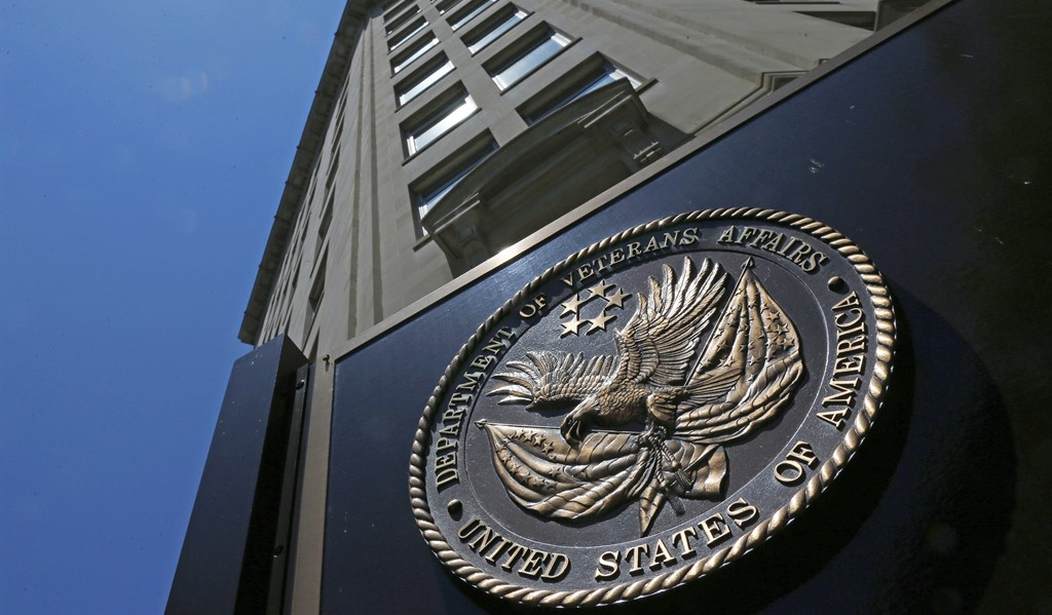Late in the morning of November 11, 1918, the guns fell silent as a long-awaited armistice finally went into effect. The First World War that had been raging through Europe for more than four years was finally over. When the fighting began in the summer of 1914, most observers believed that it would be done by Christmas and that a short war may be just the thing to release some of the tensions that had been building between the Great Powers over the previous decade.
But now Europe lay in ruins with an entire generation lost on vast grisly battlefields and along interminable squalid trenches that slashed the landscape. The war had unleashed the full killing potential of industrialized societies, introduced new weapons, and ultimately drawn in the United States as an active belligerent that tilted the balance definitively against the Central Powers.
A year later, King George V commemorated the anniversary of the armistice with a banquet for the visiting French President. At the same time, US President Woodrow Wilson said Americans who paused to reflect on the war would be “filled with solemn pride in the heroism of those who died in the country’s service and with gratitude for the victory.” In the years that followed, November 11 became a day expressly set aside to remember the cost of that war and those who fought in it. In 1938, Congress made it an official holiday called Armistice Day.
In 1941, Franklin Roosevelt used Armistice Day to reassure Americans that the country’s sacrifice in the Great War had not been in vain, no matter how much that charge was being repeated now that Europe was again engulfed in war. “If our armies of 1917 and 1918 had lost there would not have been a man or woman in America who would have wondered why the war was fought,” he said. “We would have known why liberty is worth defending as those alone whose liberty is lost can know it. We would have known why tyranny is worth defeating as only those whom tyrants rule can know.” In less than a month the Japanese attack on Pearl Harbor brought America into the war.
Recommended
The end of World War Two was accompanied in the United States with even more jubilation than November 11 had been less than 30 years before. In 1954, President Eisenhower announced that in the wake of WWII and Korea the November holiday would now be known as Veterans Day. “On that day,” he said, “let us solemnly remember the sacrifices of all those who fought so valiantly, on the seas, in the air, and on foreign shores, to preserve our heritage of freedom.”
A decade later, however, such patriotism was beginning to disintegrate in the face of the war in Vietnam and the assertive counter-culture that opposed it. By 1968, the consensus implicit in previous November 11 messages from Wilson to Eisenhower was gone. Nevertheless, Lyndon Johnson that year insisted that the noble mission of American soldiers was unchanged. The current war was like those of the past as once again American soldiers “stand on alien land, as their fathers and their grandfathers stood before them, to deny aggression its hope of conquest, to keep freedom from dying under an invader’s heel, to give us all the priceless right to live secure and safe.”
That same year, Audie Murphy, the most decorated American soldier of WWII, who was now watching as his cultural resonance both as a war hero and movie star slipped away, addressed some of his fellow veterans at a Memorial Cemetery dedication in Decatur, Alabama. For Murphy, American servicemen and women still occupied the critical place in the fabric of the country. “There is a growing tendency to regard military service as an onerous chore rather than an exciting opportunity,” Murphy admitted, but “the chance to serve one’s country is a high privilege, not a wearisome sacrifice.” Speaking from his personal experience as a soldier, and from the deepest conviction of what he believed was still important, he said that “there is no greater satisfaction, no greater opportunity, a man can have on this earth than the chance to stake the ultimate—his life—fighting for freedom and for country.” Such was the way that an ideal American soldier understood why it was that he, and countless other Veterans, had put their lives on the line for their country since its beginning.
One of the key components of Veterans Day—an unavoidable one if we don’t try to deny it—is that by its nature it looks backward: it seeks to orient us in the present to the veterans of the past and to their sacrifices that allowed us to be where we are today. As stubbornly present-minded as we are as a culture, as numb to the quiet lessons of history as we seem determined to become, each year Veterans Day presents us with the chance to remember the sacrifices of our servicemen and women throughout the years. In honoring the veterans of the past we are also admitting that they have some sort of claim on us: at the very least, to our eternal gratitude. But it also is the perfect time to rededicate ourselves to the cause for which so many of those Veterans died: that of freedom and liberty.

























Join the conversation as a VIP Member